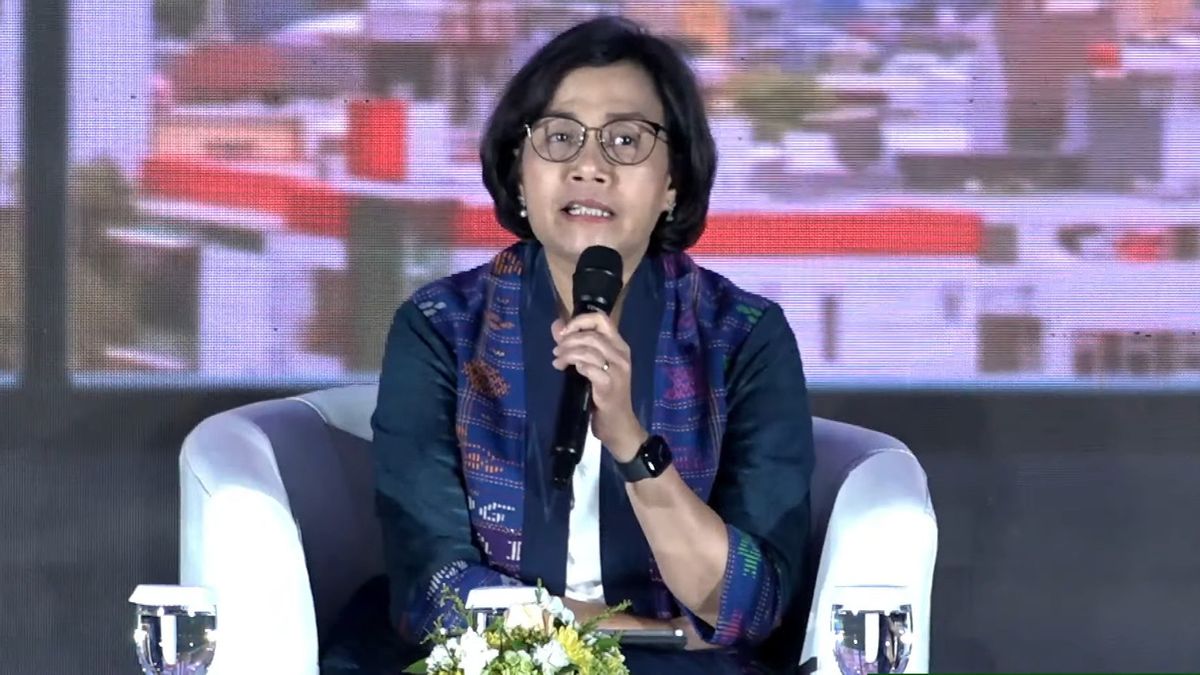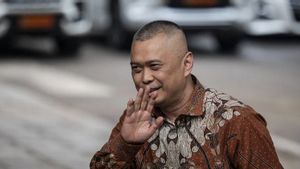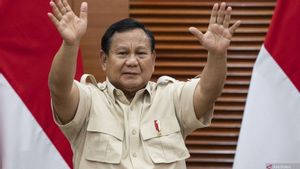JAKARTA - Minister of Finance (Menkeu) Sri Mulyani Indrawati revealed several important discourses, namely gender equality, climate change funding, and the digital economy at the Annual Meeting of the World Economic Forum (WEF) 2024 which was held in Davos, Switzerland.
The WEF meeting is a regular meeting every year attended by more than 100 governments from around the world, including international organizations, and forum partner companies.
This year, the 2024 WEF will be held on January 15-19, 2024 with the theme "Rebuilding Trust".
The theme is in line with the goals of the WEF Meeting, namely working together to build trust and form principles, policies, and partnerships in dealing with challenges such as world conditions that are increasingly fragmented, conflicts in the Middle East, climate change, inflationary pressures, and rising interest rates, to the impact of the rapid progress of artificial intelligence. generation or artificial intelligence (AI).
Starting his visit, in the session of The Economics of Gender Parity, Sri Mulyani said that the Government of Indonesia has implemented policies that support gender equality, such as budget tagging, skills and health budgets, LPDP educational scholarship allocations, Family Hope Program, as well as access to financing for ultra micro businesses.
Regarding gender equality in the labor market, Sri Mulyani said that women with careers face challenges in dividing time to work and take care of their families.
"Increasing the use of post-pandemic digital technology can be a momentum for women because it provides convenience and flexibility in their careers and strives to contribute more to the economy," he explained in his official statement, quoted Friday, January 19.
Furthermore, at the Multilateral Development Banks (MDB): BIGger, Bolder, Better, Sri Mulyani conveyed the need for MDB to be bigger, more courageous, and better in order to meet funding needs for development and climate change.
The need for climate change funding and energy transition requires enormous investment, not only from public sources and MDBs, but also from private capital participation.
The Indonesian government has implemented various appropriate policy instruments for the private sector, such as through Government Cooperation with Business Entities (PPP), government guarantees, and other types of Government support.
Sri Mulyani added that the need for funding for climate change and poverty alleviation should not compete with each other, but complement each other by maximizing funding sources from the public and the private sector.
In the ASEAN's Regional Integration through the Digital Economy session, Sri Mulyani said that Indonesia views economic digitization as one of the important pillars in the chairmanship of ASEAN 2023 for economic transformation that supports productivity and inclusive growth in ASEAN.
"With the huge digital economy potential, ASEAN leaders have adopted a digital economic framework in the chairmanship of ASEAN 2023. However, this adoption still faces several problems such as uneven infrastructure quality and the availability of a regulatory framework to create data security and interoperability between systems," he said.
In addition, Sri Mulyani also said that Bank Indonesia already has a QRIS system, which is used by Indonesia, Malaysia, the Philippines, Singapore, Thailand, and Vietnam.
On this occasion, the Minister of Finance emphasized five points related to the digital economy in ASEAN, namely ensuring the availability of internet access, encouraging business competitions that produce innovation, education systems that increase digital literacy, security of digital technology systems, and expand financial sector inclusion, especially for women.
On the sidelines of the WEF meeting, Sri Mulyani also attended several bilateral meetings with Mohammed Abdullah Al-Jadaan, the Minister of Finance of Saudi Arabia and Neal Mohan, CEO of YouTube.
At a meeting with the Minister of Finance of Saudi Arabia, Sri Mulyani said that as the third largest shareholder in IsDB, Indonesia wanted to increase its role and encourage reform through the active involvement of Executive Director and Indonesian professional talent at IsDB.
Meanwhile, when meeting with YouTube CEO Sri Mulyani discussed YouTube's role in the creative economy industry and had created new jobs as content creators, and even become the desired profession for the younger generation in Indonesia.
"As well as contributing to increasing the availability of public goods in the form of content that increases literacy, skills, and expertise," he concluded.
The English, Chinese, Japanese, Arabic, and French versions are automatically generated by the AI. So there may still be inaccuracies in translating, please always see Indonesian as our main language. (system supported by DigitalSiber.id)













